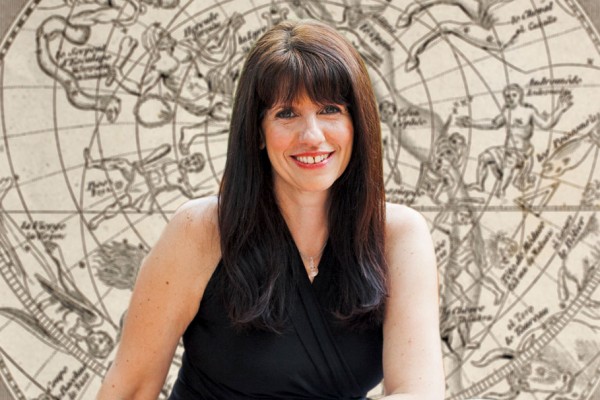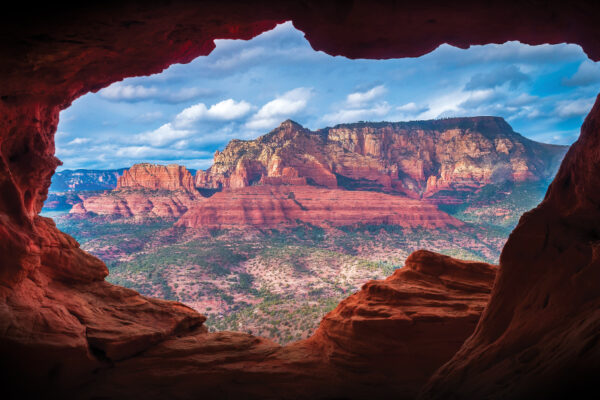Continued (page 6 of 14)
Kathleen Glynn
Back in 2010, documentary filmmaker Michael Moore generated a lot of buzz when he attended the Sedona International Film Festival to present three of his films. What people may not realize is that his wife, Kathleen Glynn, has produced all of his films as well as his mid-1990s television series, TV Nation, for which she won an Emmy award. This will be the third year Kathleen has attended the Sedona film festival, and she now sits on the festival’s board of directors. Kathleen will introduce and moderate four workshops.
Sedona Monthly: How did you become involved with SIFF’s board of directors?
Kathleen Glynn: I’m involved with the Traverse City Film Festival, and it just kind of naturally came to be. Sedona would ask us how we did certain things, and we’d offer suggestions or make phone calls. When it came time for [Sedona] to build its theater, we stepped in because we rebuilt a theater in Michigan, which is the State Theater. I passed along information. It’s all stored in my brain, and when you turn on the faucet, it all comes out. When they wanted to diversify their board, it was natural.
You and your husband have a very successful film festival in Traverse City. Can you compare and contrast SIFF with your event?
Our event is in the middle of summer, and summer is celebrated in Michigan because we have winter [laughs]. Traverse City is situated on two bays that are part of Lake Michigan. Our festivals aren’t dissimilar. Ours is bigger. Our tagline is “just great movies,” so we show a wide range of cinema – it doesn’t matter if it’s a blockbuster type of thing. We’re not interested in that. Smaller, personal films fit our festival. This year we showed some experimental films in our 45-seat theater. We aren’t in a multiplex – we take places around town like the opera house and an elementary school auditorium and a theater playhouse.
Your tagline at Traverse City is “just great movies.” Do you feel like film festivals have become more about the celebrities than the films?
I do think that our festival is a big city festival in a very small town. We have a downtown, and that’s where the festival is. Everything is within walking distance. There isn’t any posturing about going to movies starring specific actors. That’s not the spirit of our festival. People are willing to give things a try. That’s what got us excited. To have people walk out and be awed by the film and want to talk about it, or to go to a restaurant and hear people talking about a film rather than talking about how great George Clooney looks is nice. At our festival, they are talking about themes and social issues and cinematography and music and costumes. And everyone talks about how many movies they are seeing – that’s a badge of honor. We treat the people we bring in very well, but it’s a small Midwestern town so we can treat them well with a big smile and charm [laughs].
Let’s talk about the workshops you’ll be introducing and moderating at SIFF. The subjects include screenwriting, production design, music and female documentary makers. In your role as producer for documentaries and TV series, how much involvement do you have with the screenwriters, designers and choice of music?
With the films I’ve made, sometimes I’ll be called a creative producer. A producer looks for a script and they want to attach a director that will make it attractive to an actor or actress to sign on. The producer sets a budget, works with the studio, etc. I have done those things, but because documentaries can be a one-man band, I have been completely involved in the entire creative process of filmmaking. I’ve gone out and shot things with a crew. I have sat in on music and acquired music from record companies. I will look at an edit and advise the director. I’ve taken our films through the release, the DVD process and marketing and publicity.



